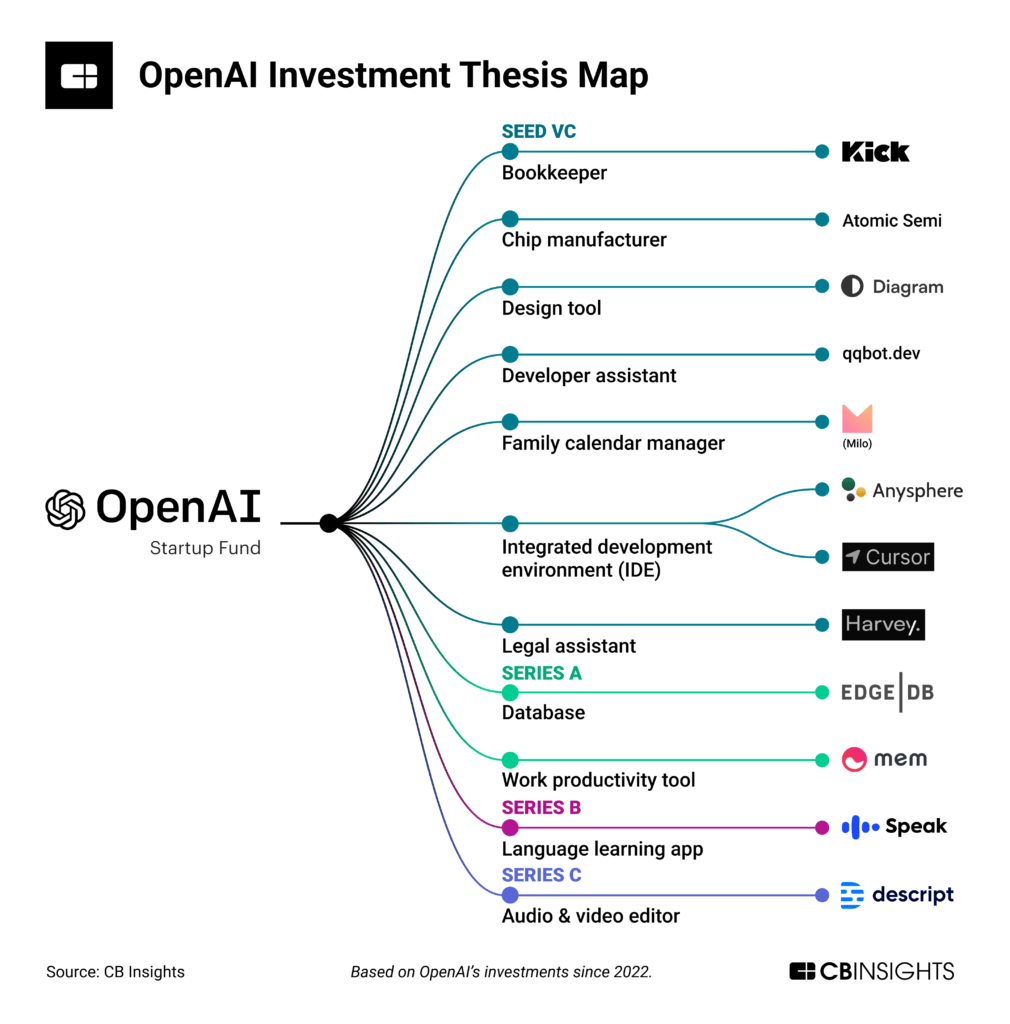
The OpenAI Startup Fund, an independent venture fund affiliated with OpenAI but operating separately, recently completed a discrete funding round,
Artificial Intelligence
In the evolution of chatbots, there’s been a significant shift from rigid, predetermined responses to more adaptable and nuanced interactions, thanks to advancements in generative AI models. This transformation has opened up possibilities for various industries, particularly those with complex customer needs like healthcare.
Named the Google.org Accelerator: Generative AI, the program will be backed by $20 million in grants and will initially involve 21 nonprofits. Among the participants are Quill.org, a company creating AI-powered tools for student writing feedback, and the World Bank, which is developing a generative AI app to enhance accessibility to development research.
StealthMole, an AI-powered dark web intelligence startup specializing in monitoring cyber threats and detecting cybercrime, has secured a $7 million Series A funding round. The Singapore-based startup, with an R&D office in South Korea, plans to use the funding to expand its R&D capabilities, support more commercial applications of its technology in the B2B sector, and expand geographically.
Elon Musk’s company, formerly known as Twitter and now referred to as X, has announced plans to expand access to its Grok chatbot to more paying subscribers. Previously only available to Premium+ subscribers, Grok will now be accessible to all Premium subscribers starting this week.
Stability AI founder and CEO Emad Mostaque has stepped down from his role and the company’s board, making it the second major change in the AI startup scene this week.
Nijta, a company headquartered in Lille, France, has emerged as a key player in the field of voice anonymization and privacy protection, particularly in the context of stringent data protection laws such as GDPR. Founded by CEO Brij Srivastava, who relocated to France for his PhD at INRIA, Nijta has developed AI-powered speech anonymization technology to assist organizations in complying with privacy regulations.
A few months ago, OpenAI launched the GPT Store, a marketplace where people can create and list AI-powered chatbots customized to perform a number of tasks (e.g., coding, answering trivia questions). The GPT Store is powerful, but using it requires using OpenAI’s models exclusively, which some creators and users are opposed to doing.
In response, startups like FlowGPT are emerging as alternatives. FlowGPT aims to be an “app store” for generative AI models, including Google’s Gemini, Anthropic’s Claude, Meta’s Llama 2, and OpenAI’s DALL-E 3, as well as front-end experiences for those models. Through FlowGPT, users can build their own GenAI-powered apps and make them publicly available, earning tips for their contributions.
Meet the Founders
Co-founded by Jay Dang, a UC Berkeley computer science dropout, and Lifan Wang, a former engineering manager at Amazon, FlowGPT was born out of a desire to create a platform where people could quickly create and share GenAI apps. Dang describes FlowGPT as an “ecosystem” for GenAI-powered apps, providing infrastructure, creator tools, a marketplace, and a community for users and creators. Users get a feed of apps and collections recommended to them based on categories like “Creative,” “Programming,” “Game,” and “Academic,” while creators have options for customizing the behavior and appearance of their apps.
Interaction with GenAI apps on FlowGPT is through a chat window similar to ChatGPT, with options to type prompts, rate apps, share conversations, and tip creators. Each app comes with a description, creation date, usage statistics, and the recommended model to power it.
Challenges Ahead
However, FlowGPT heavily relies on ChatGPT, and many apps break when the model is switched from the default. This can be due to the selected model’s capabilities or running up against its filters and safeguards. Some of FlowGPT’s popular apps are jailbreaks designed to circumvent models’ safety measures, potentially causing harm. FlowGPT offers a toggle for “sensitive content” and allows users to report offensive apps, but moderation is a challenge, and the effectiveness of the toggle is questionable.
Despite these challenges, investors like Goodwater see potential in FlowGPT, leading a $10 million “pre-Series A” round. Goodwater partner Coddy Johnson believes FlowGPT is leading the way in GenAI by offering choice, flexibility, and freedom to both users and creators.
What’s Next
Dang acknowledges the need for improvement, stating that FlowGPT is committed to ethical practices and public safety. The company is proactively engaging with experts in AI ethics to develop strategies to minimize risks associated with AI deployment.
Currently, FlowGPT is not revenue-generating but is beta-testing apps for Android and iOS, revamping the FlowGPT experience for mobile, working on a revenue-sharing model for app creators, and expanding its team. Dang believes FlowGPT is setting a new standard for immersion in AI-driven environments, offering a world where creativity knows no bounds, and remains committed to cultivating a more open and creator-focused platform.
No account yet?
Create an Account